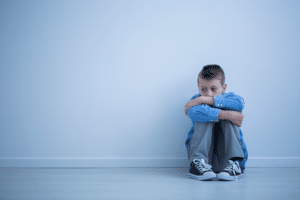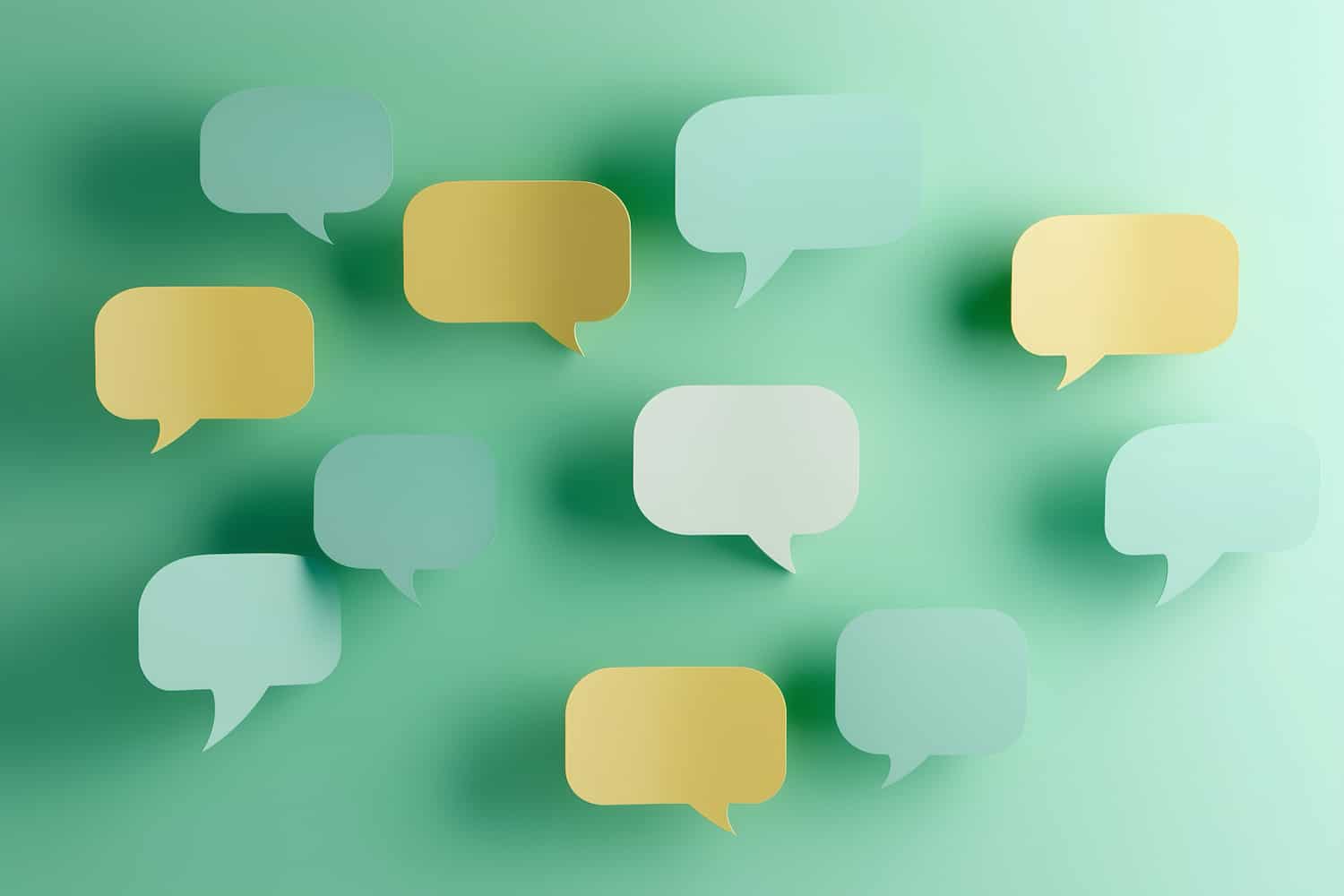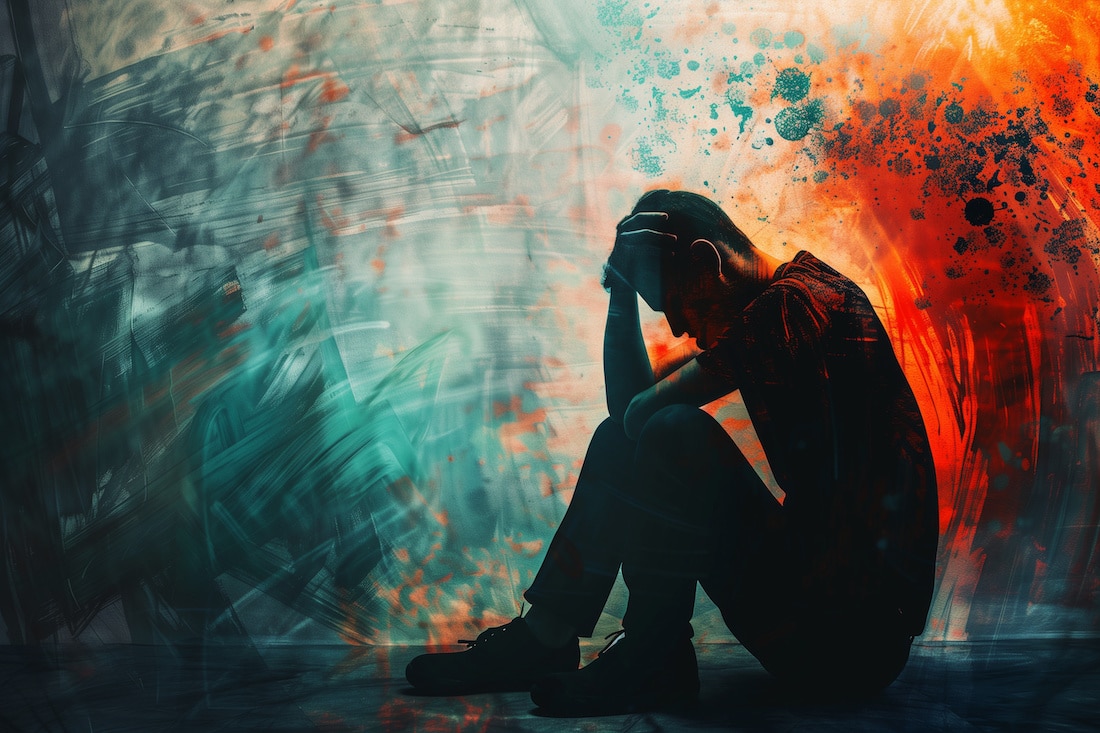 National Children’s Mental Health Awareness Day in 2018 is on May 10. It’s a day that intends to help people be more aware of the mental health of children and adolescents. This year, Awareness Day will focus on using an integrated health approach in order to support youth and children who have serious emotional disturbances and have experienced trauma.
National Children’s Mental Health Awareness Day in 2018 is on May 10. It’s a day that intends to help people be more aware of the mental health of children and adolescents. This year, Awareness Day will focus on using an integrated health approach in order to support youth and children who have serious emotional disturbances and have experienced trauma.
The Importance of Recognizing Mental Health Problems in Children
Mental health is significant in the development of children and is an essential part of their overall health. Both physical and mental health have an impact on whether a child can succeed in school and ultimately in society.
Children who have experienced trauma or have emotional problems that are not recognized or treated may end up with other challenges in the future. They may act out or drop out of school. By adolescence they may turn to alcohol or drugs to deal with emotional disturbances.
Children’s Mental Health Statistics
According to the National Alliance on Mental Illness, approximately half of all cases of mental illness begin by the age of 14. As many as 20 percent of young people between the ages of 13 and 18 have a serious mental illness. An unfortunate fact is that there is often a delay of as long as 10 years between the time symptoms begin and the time there is intervention.
Untreated mental illness can lead to devastating consequences for adolescents and youth. Well over half of those in the juvenile justice system have a mental illness. The third leading cause of death in those between the ages of 10 and 24 is suicide. Nine out of 10 youth who committed suicide had an underlying mental illness.
Raising Awareness on Children’s Mental Health Awareness Day
Across the country, hundreds of communities and organizations will observe Children’s Mental Health Awareness Day. Efforts will be made to make people more aware of children’s mental health challenges and substance abuse disorders.
An interactive panel discussion through the Substance Abuse and Mental Health Services Administration (SAMHSA) will be available to be viewed at 7 p.m. Eastern Daylight Time via live webcast. This year’s focus will be on partnering for health and hope following trauma.
Participating in The Virtual Discussion
This year’s event will be a virtual town hall format. Healthcare providers, state agency professionals and those who professionally care for children, as well as youth and their families, can participate by asking questions through social media or email.
Experts in the field of mental health will answer questions and share strategies for helping children and adolescents who have experienced any form of trauma. The hashtag for participating on social media is #Heroesofhope.
Promoting Awareness of Mental Health Issues in Children and Adolescents
It’s important to strive to promote awareness of children’s mental health issues on National Children’s Mental Health Awareness Day and also all year long. Efforts to recognize early warning signs of mental illness needs in children and teens has to be made by teachers, healthcare providers, parents and staff in the child welfare or juvenile justice systems.
Stigma sometimes holds parents back from pursuing diagnosis of mental illness in children. Signs of mental illness are sometimes interpreted as behavior problems or rebellion. The consequences of untreated mental illness can be severe, up to and including suicide.
Early Warning Signs of Mental Health Problems in Children and Teens
Growing up can be hard at times, and most children show signs of mood swings or acting out at one time or another. Recognizing signs that may indicate mental health problems can help a child begin receiving the treatment they need.
Warning signs of mental health problems in children include:
- Severe mood swings
- Sadness, withdrawal and isolation
- Personality changes
- Self-harm
- Physical symptoms such as headaches and stomachs
- Emotional extremes
- Loss of appetite or weight loss
- Substance abuse
If you have any concerns about your child’s mental health, talk to their doctor. Consider talking to teachers or other adults the child interacts with. Don’t try to avoid getting help because of shame or fear of stigma. Your child’s mental health is just as important as his or her physical health. Appropriate diagnosis and treatment can give them a much better opportunity for a happy and successful life.



